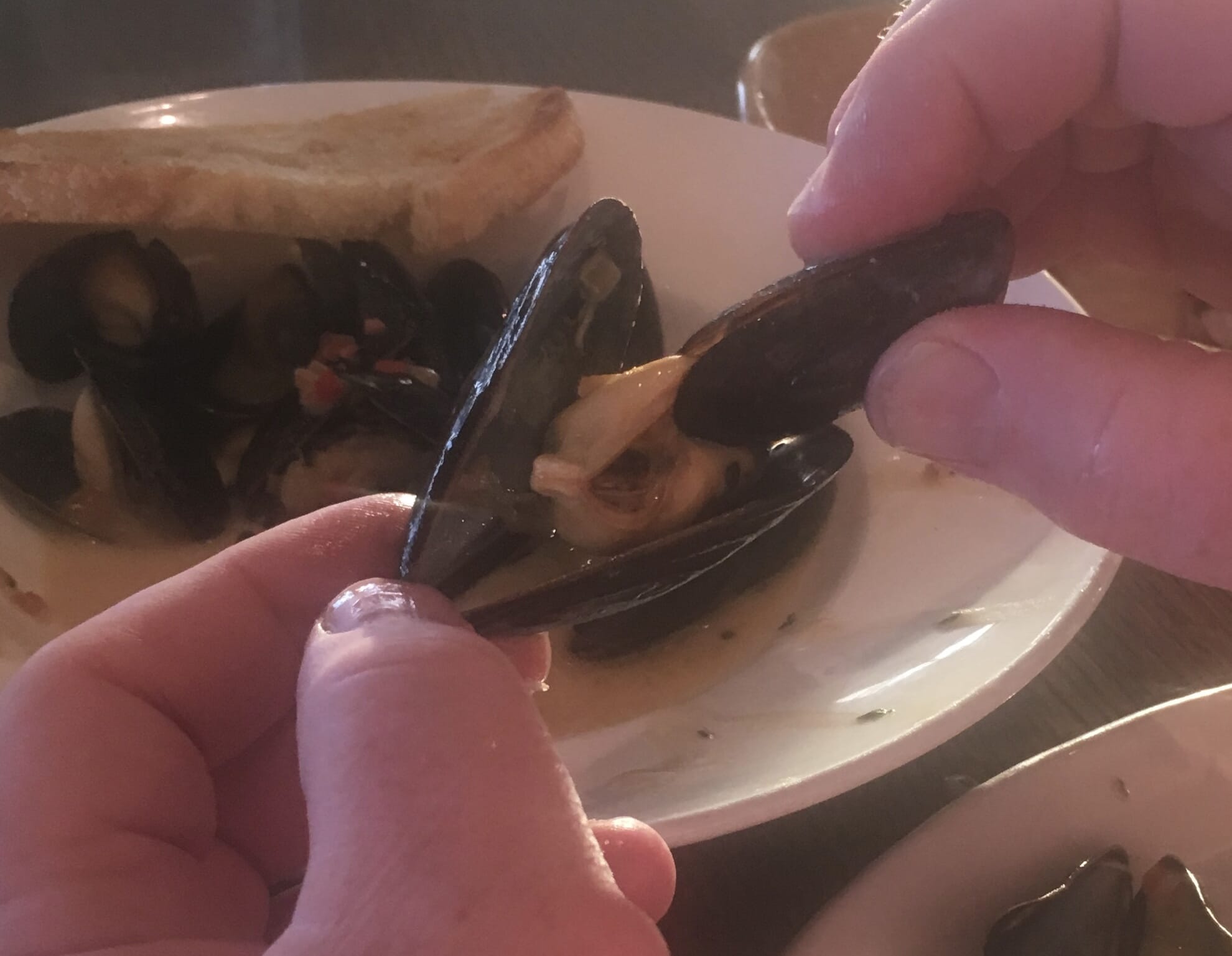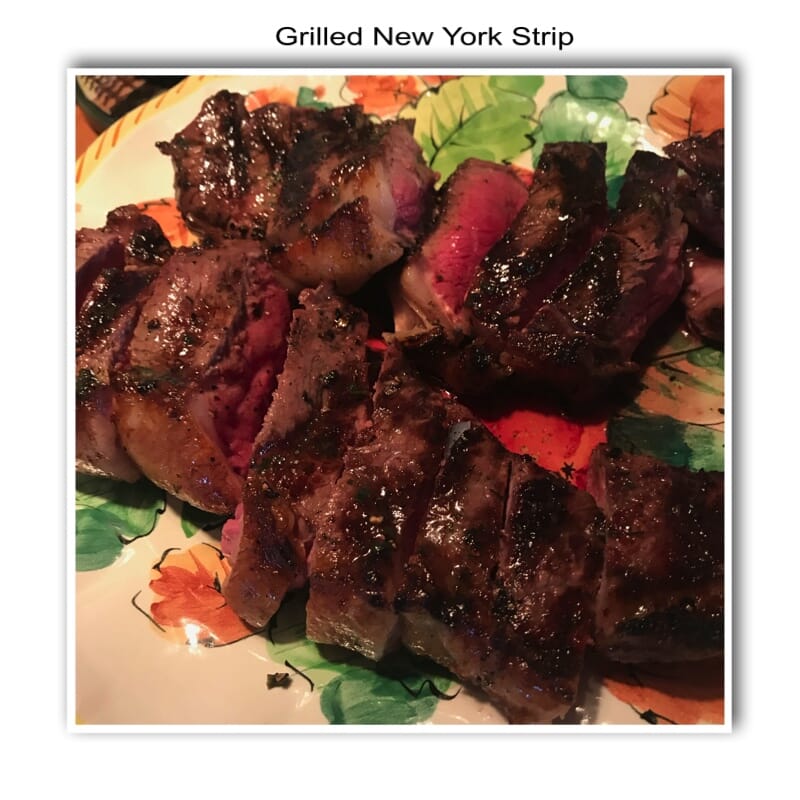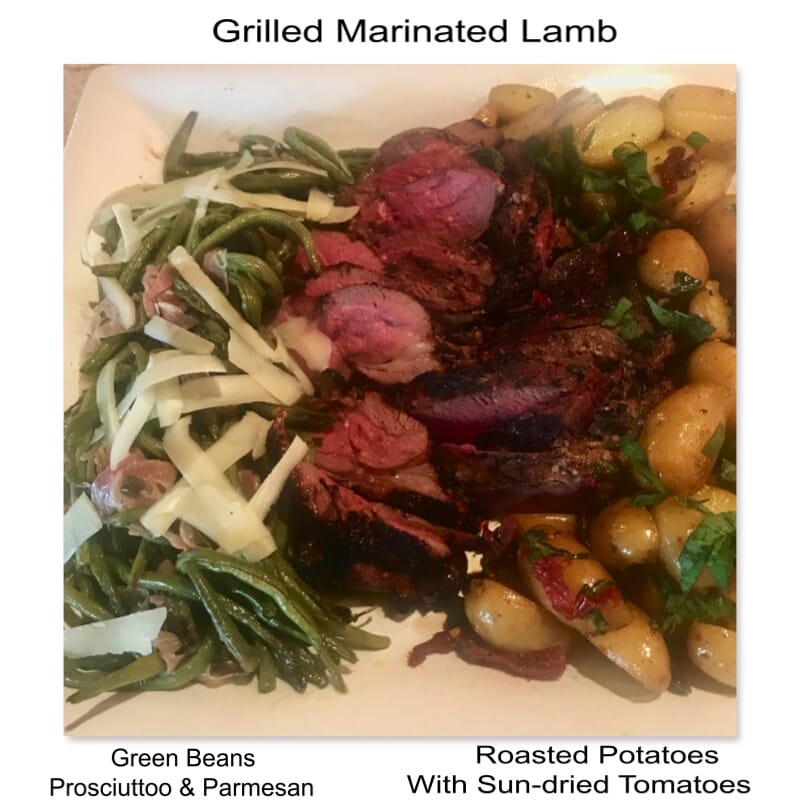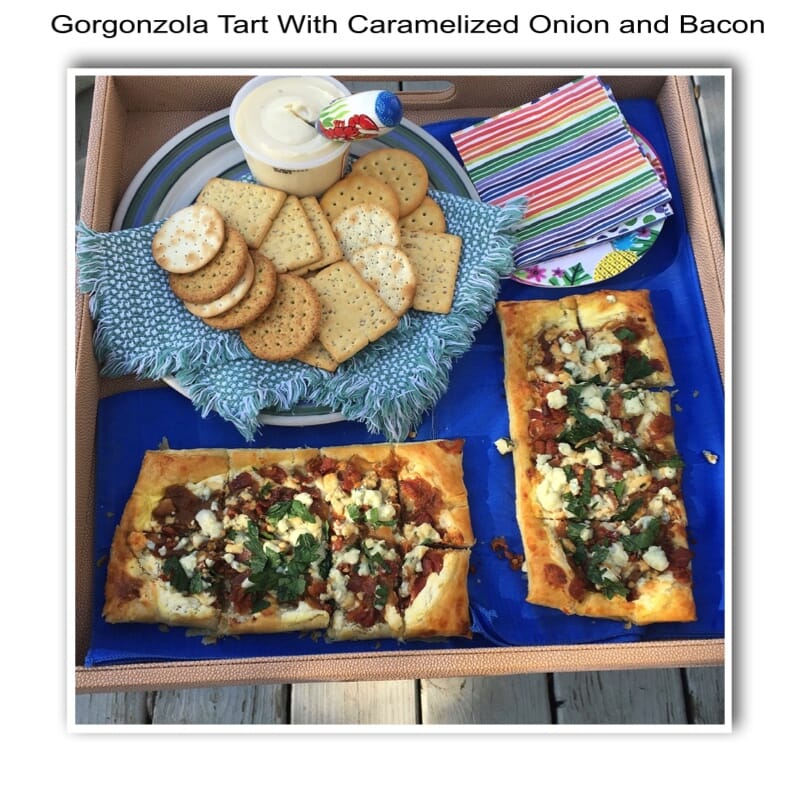SORRY …ANOTHER TEST AS THE ISSUE PERSISTS
Note: To my regular readers as Ricky Ricardo would say to Lucy: “You have some splaining to do”. Here is the story
Blogs have been few and far between for awhile because of a glitch in my website software. When you design your own website there are bound to be some glitches. Like my father used to say about his carpentry skills: I can do it, but it looks like I did it. I finally broke down and hired a guy in India to help. You have probably have noticed blogs being sent by Jay. Hopefully, the glitches have been fixed and you should be getting more blogs from me soon.
Enjoy!
The best way to eat mussels is to use a mussel as a tweezer.
Try this method once and you will be hooked for life. It just works. Mussels also make a great wine group starter.

Our son Brian and his family love spending time in Westhampton. He spent 6 weeks every summer growing up coming to visit his grandmother at the beach. He has a sizable list of food favorites that he wants to have while he is here. At the top of the list is mussels. Out tradition during summers in Westhampton was that we would take the boat out to an island in the bay that has a healthy bed of mussels. There we would collect a pail full of perfectly sized mussels. There is something about free fresh seafood.
After scrubbing and soaking in water with corn meal to get rid of the grit, I like to prepare mussels two ways with:
- Red sauce (olive oil, garlic, onion, canned tomatoes)
- White sauce (butter, white wine, olive oil, garlic, onion)
Add fresh herbs and a hearty baguette to soak up the sauce and you are in for a treat.
Using one mussel as a tweezer to eat mussels is not something we grew up with. My buddy Lucien who grew up in the south of France is the one that taught us this one. If you ever go to Paris you have try moules frites. Chez Leon along the Champs -Elysees is a great experience. While moules frites is originally from Brussels, the French do a great job. You can get your moules 10 to 20 different ways. No choice is bad.


I like mussels for a group setting because it adds the dimension of sharing. While mussels are increasingly popular at restaurants, they are not everyone’s favorite. Chances are you will have a guest or two that is not a fan, but my bet is that you can get a few converts to the “tweezer” method and have lots of fun with it.
If you enjoyed this blog and similar other stories/supper club lessons follow me on Facebook and Twitter and subscribe to get future blogs at www.impromptufridaynights.com/blog and check out my book Impromptu Friday Nights a Guide to Supper Clubs. Published by Morgan James Publishing and available through most channels where books are sold.

Brian at the Westhampton Beer store, another favorite. Talk about a kid in the candy shop
Brian and his son Declan at the Beach









